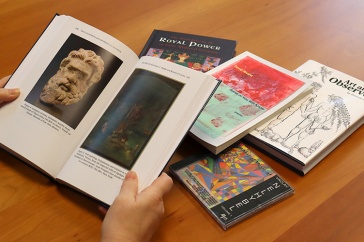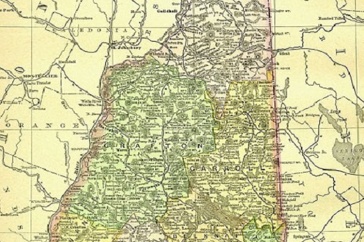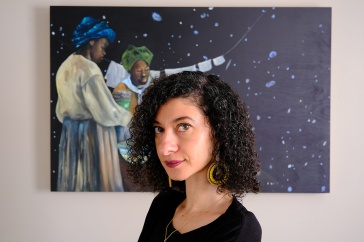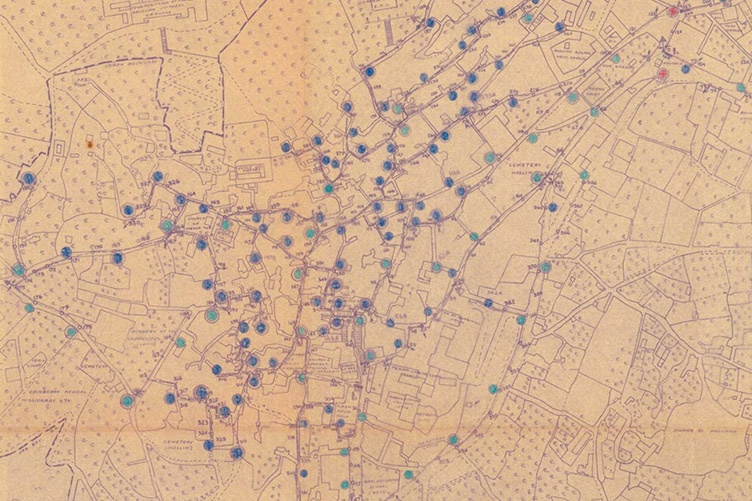
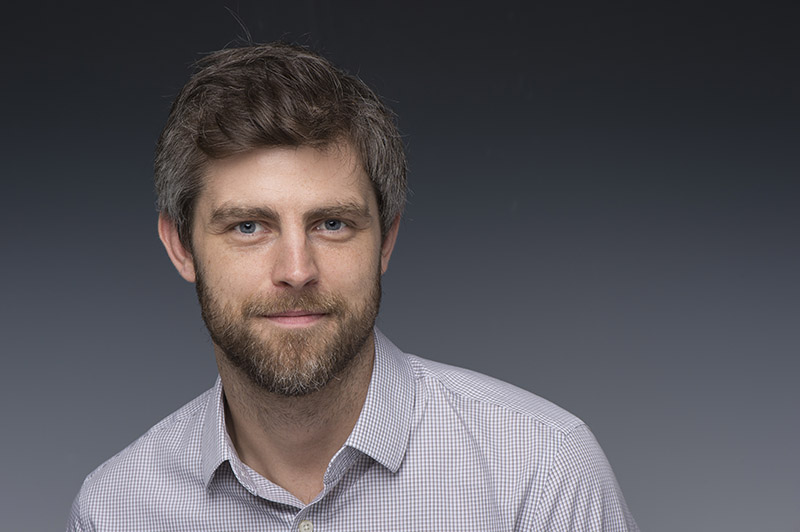
Assistant professor of history Fredrik Meiton came of political consciousness in the late 1990s. With the Cold War ended, the young Meiton longed to immerse himself in something vital and important — something that would free him from the comfort and complacence of the “bourgeoise Stockholm” into which he was born.
“I found Sweden the most tedious and boring place to be,” Meiton recalls, so he looked East. To the Middle East to be exact, because that was going to be the key to global politics, now that the superpowers had stopped jockeying for influence. Like much of the world, Meiton watched as the Israeli-Palestinian peace process got underway, culminating with the Oslo Accords of 1993, only to die a slow death until the Second Intifada of 2000. “There was so much hope for things to go well, but instead it went the way of bloodshed and deepened conflict.”
His hunger to understand and explain one of the defining conflicts of our time led him to graduate school where he met the person who would influence him intellectually more than anybody else.
“Zachary Lockman has written several influential books, including one on labor unionizing in Palestine, and he was one of the reasons I chose NYU in the first place,” says Meiton. Those who write often have a critical voice inside their head, somebody they trust and respect deeply. Lockman was Meiton’s.
As Meiton developed his own scholarly voice, he came to think that no political process could be properly understood “without seriously considering the way material regimes mediate human thought and action and distribute costs and benefits.”
Meiton’s new book "Electric Palestine" does just that, examining the role of electric power in the founding of Israel. “A few years ago, at the National Library in Jerusalem, I was leafing through old issues of Filastin, the largest Arab-language newspaper of the interwar period. I came across an unsigned opinion piece from 1932, in which the writer charged that ‘if Rutenberg electricity lights the city of Nablus and Tulkarm, one can say that Rutenberg and his works have conquered that land,’” Meiton explained in a blog about his book.
What struck Meiton was how such a claim could be made about a figure who was relatively little studied or known beyond those who focused on his engineering prowess. “Why did this Palestinian writer regard the expansion of the grid as a form of Zionist conquest? And more important, at least to me, was he right to?” wondered Meiton.
These questions he explores in his wide-ranging examination of the British Mandate, the period from 1917 when the Balfour Declaration supported the creation of a Jewish national home, and 1948, when the State of Israel was born. The answer to the latter question is “yes.”
“I don’t believe you can sign a document and boom you have a state,” Meiton asserts of the Balfour Declaration’s role in Israel’s founding. “There are huge amounts of infrastructural necessities — electricity, water, roads, etc. — that have to be planned for and built.” Such things may seem commonplace or common sense, but Meiton argues they have far greater importance than many people think when they privilege high politics over economics and cultural choices.
For example, says Meiton, if we look at the roughly 30-year period between Balfour and Israeli statehood, “lots of things might have happened that wouldn’t have produced this particular outcome” in terms of the kind of nation Israel would become. What did happen had less to do with the ideas and politics around Zionism than the real political power flowing through “global networks of experts, bureaucrats and statesmen … who promised ‘moral industrial progress’ in return for Jewish statehood in Palestine.”
As a result, concludes Meiton, “the electric grid and the Jewish state evolved through a mutual dependency,” apportioning far greater control, wealth and power to its Jewish builders than to its current Palestinian inhabitants. To understand the Israeli-Palestinian conflict we see today, suggests Meiton, we have to understand what few people in the world seemed to be able or willing to see, something that haunted the visions of an anonymous editorialist in Filastin, writing in what was not only prescience but also, surely, a deep despair.
-
Written By:
Dave Moore | Freelance Writer


















































